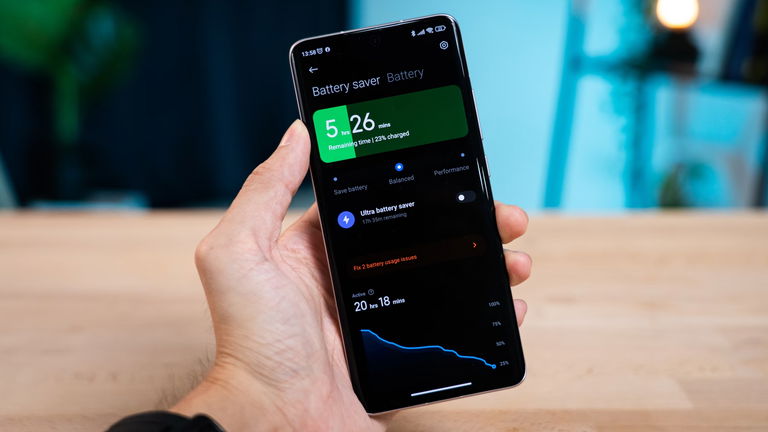
[ad_1]
What if you never had to worry about your mobile battery again? That is what the technology developed by these researchers proposes.

The future of electronic device batteries could change forever, and all “because” of a accidental discovery carried out in the chemistry laboratories of the University of California at Irvine.
Several students and researchers from that university have invented a new battery technology that could withstand hundreds of thousands of charge cycles without losing capacity, thus ending one of the major problems of existing lithium-ion batteries today.
The technology is based on a material of gold nanowires covered by a thin layer of jel. Mya Le Thau, accidental inventor of the technology, discovered that by encapsulating the gold threads with the gel, electrical capacitor filaments can retain their capacitances after hundreds of thousands of charging cycles.
An accidental discovery that could change batteries forever

Chemistry student Mya Le Thai with the nano battery technology developed at the University of California at Irvine
In the report reviewing the research, the creators explain how using these tiny wires, thousands of times thinner than human hair, increases the area for electron storage and transport, while conserving conductivity.
Although nanowires are not a new technology: they are already used today, although they have the problem of being extremely brittle and having little resistance to charge and discharge cycles.
The solution proposed by the researchers consists of cover them with a thin layer of gel similar to plexiglass. In this way, the wires are protected against breakage, while conserving their capacities.
After covering the cables and testing the developed technology, one of the prototypes was able to withstand about 200,000 charge and discharge cycles over three months, without the battery capacities being diminished. Currently, smartphone batteries can withstand a few thousand charge cycles before they begin to lose capacity.
Unlike other discoveries and inventions of this type, the proposal by Mya Le Thau and her team seems easy to scale to the current types of batteries, and the fact of preventing nanowires from losing their capacities represents a great advance that could be easily implemented in real applications.
From here to that this solution is part of the batteries of our mobiles there’s a long waybut it is undoubtedly a step in the right direction, which could mean the end of dying batteries after a few years of use.
[ad_2]